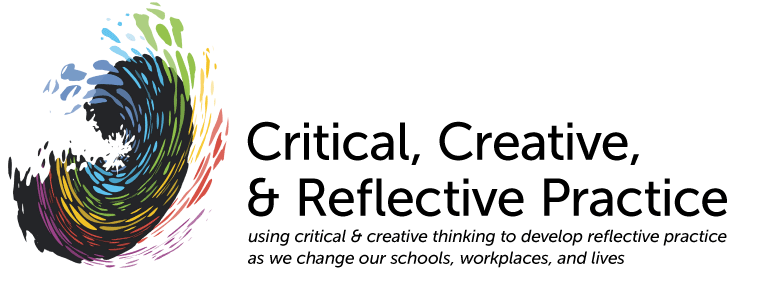Chancellor's Award for Distinguished Teaching
8 May 2009
Professor Peter Taylor, Graduate College of Education, Department of Curriculum and Instruction
In recommending Professor Taylor for this award, the award committee focused on the range of courses he has taught, his highly effective approach to teaching, and the impact that he has had on students. The committee concluded that Professor Taylor "is a consummate teacher who is able to convey extraordinarily complex topics across the humanities and sciences in a way that inspires students, colleagues, and activists to become more urbane and critical thinkers, teachers, and agents of social change." Professor Taylor has faithfully pursued in-depth, problem-based, interactive learning with his students, grounding his pedagogical methods in the perspective that each student has something to teach. His Ten Phases of Research and Engagement,a framework for critical thinking and writing, has had a significant impact on both students and colleagues. Students have praised Professor Taylor as an outstanding teacher and mentor who has had a lasting impact on their lives, helping them to become not simply successful students, but also enthusiastic life-long learners.
|
See
files/PJTTeaching and accompanying links for a review I wrote of my teaching.
Thanks and Appreciations
to those of you who contributed letters of recommendation...
to my colleague, Peter Kiang, for writing the nominating statement and assembling the nomination package...
to friends, colleagues, and students who have sent congratulations and notes of appreciation/affirmation...
to every person who deserves similar recognition for their teaching, but for whom the conjunction of good will and caring attention has not (yet) come together...
to Greg Tewksbury, Peter Schwartz, Arthur Millman, and Anne Fausto-Sterling, who as co-instructors, made space for pedagogical experimentation...
to Mary K Redmond, an ESL and Spanish teacher who visited a class of mine about biology and society in 1992, and noted my comfortable use of ambiguity -- much followed from her articulating that...
to Emmett Schaefer, who also visited a class and commented afterwards on the oscillation the students faced between opening wide and focusing in....
to Susan Butler, a student and an accomplished teacher herself, who articulated the same impression independently...
to the many students of the CCT graduate program who, in having such a wide range of interests -- well beyond my expertise -- prevented me from relying on content knowledge and instead pushed me to develop my abilities to coach and facilitate reflective practice...
to all the undergraduate instructors, especially part-timers, whose larger class sizes help make smaller graduate student class sizes possible...
to Nina Greenwald for modeling the teaching (coaching) of Problem-Based Learning...
to Joe Weizenbaum and Chris Dede, who invite us to ask before adopting any educational technology, does it do something we couldn't readily do by other means...
to Jan Coe for introducing me to wikispaces wikis...
to Steve Fifield, Denise Lach, and Keith Benson who helped in making the first New England Workshop on Science and Social Change happen...
to participants in the ISHS faculty seminars, especially because you participated without any course release or tangible incentives...
to Chris Bobel and Andi Sutton for their midwifery in bringing this spring's GCWS course on gender, race, and complexities of science and technology into being...
to Jeremy Szteiter for leading me to take seriously and write with him about the various tools I use in teaching about research and engagement...
to Winston Langley for nudging me to be more ambitious about what was possible at UMass in the science and society area...
to be continued....
